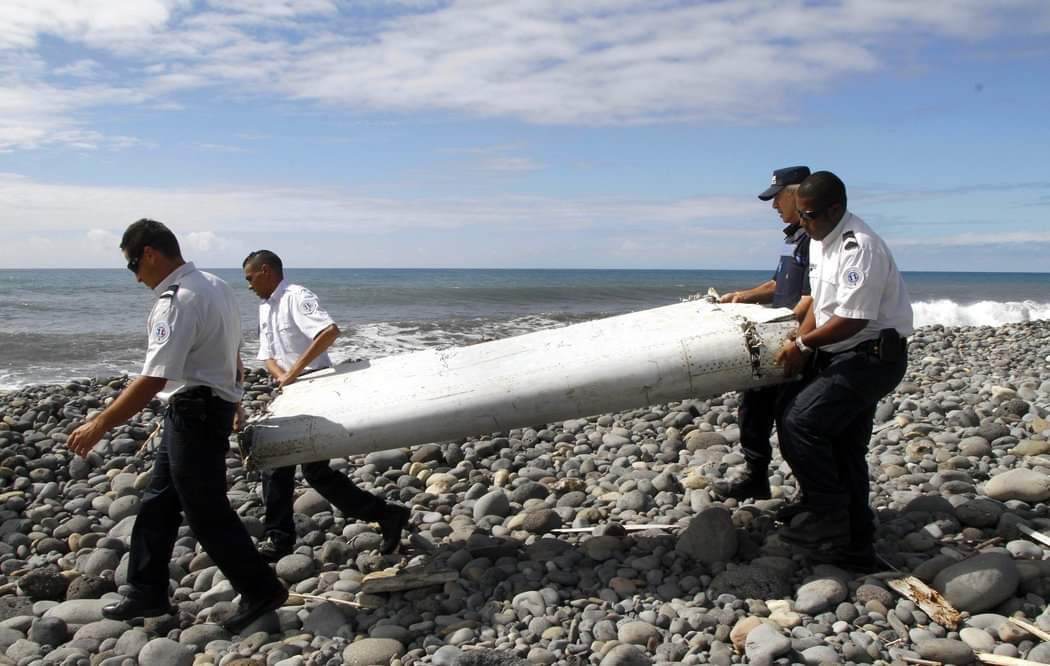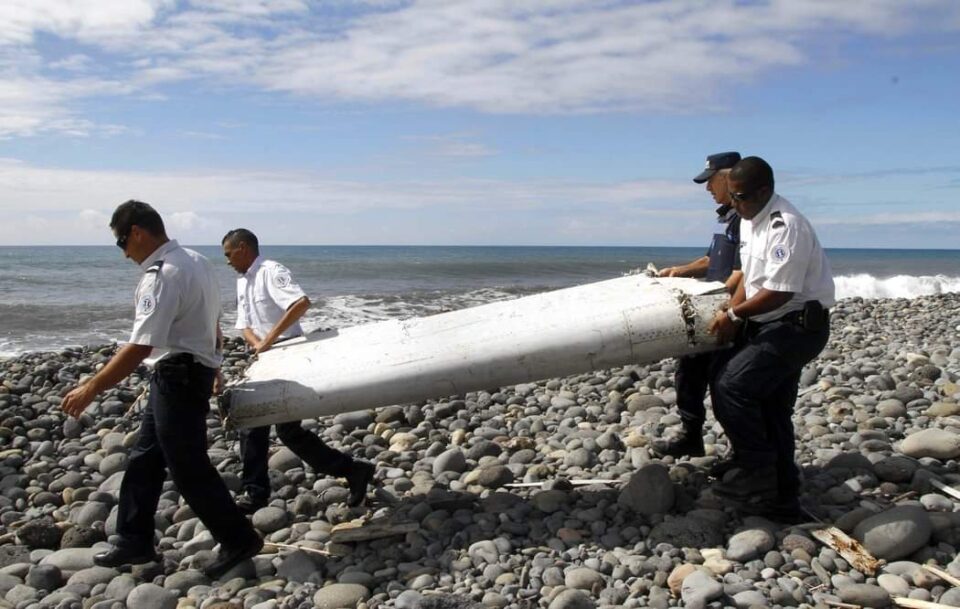Two Malaysian navy helicopters crashed midair during a rehearsal on Tuesday for a naval parade, killing all 10 crew members on board.The Royal Malaysian Navy said the collision occurred at the Lumut naval base in the western state of Perak at 9:32 a.m. local time.All victims were confirmed dead at the scene and sent to the Lumut naval base military hospital for identification,” a navy statement said.
In the tragic incident that unfolded during parade rehearsals in Malaysia today, ten lives were lost as military helicopters collided mid-air. This devastating event sent shockwaves through the nation, leaving families shattered and communities mourning. As investigations unfold and details emerge, it’s crucial to comprehend the broader context, the immediate aftermath, and the implications of such a catastrophe.
The circumstances leading to the collision must be analyzed. Military parade rehearsals involve meticulous coordination and strict adherence to safety protocols. However, despite these precautions, accidents can still occur due to a variety of factors. Weather conditions, human error, mechanical malfunctions, or miscommunication could all potentially contribute to such a tragedy.
Understanding the precise sequence of events leading to the collision is essential for preventing similar incidents in the future.The human toll of the crash cannot be understated. Each of the ten lives lost represents a unique story, a family shattered, and a community in mourning. The victims may include pilots, crew members, or even bystanders on the ground.
Their untimely deaths leave behind grieving loved ones who must now navigate the difficult journey of grief and loss. Support systems, both from the government and the community, will be crucial in helping these families cope with their unimaginable pain.Moreover, the impact of the crash extends beyond the immediate loss of life. It raises questions about the safety measures in place during military operations and the efficacy of training protocols.
The Malaysian military, like armed forces worldwide, must constantly reassess and enhance its procedures to minimize the risk of accidents. This incident serves as a stark reminder of the dangers inherent in military operations and the need for continuous vigilance.Furthermore, the crash’s repercussions are likely to reverberate throughout the Malaysian armed forces and the broader society. Confidence in military capabilities may be shaken, and calls for accountability and transparency are inevitable.
The government will face scrutiny over its handling of the aftermath, including the investigation process and the provision of support to the victims’ families. Rebuilding trust and ensuring accountability will be paramount in restoring public confidence in the military and the authorities.Additionally, the crash may prompt a review of Malaysia’s overall aviation safety regulations and procedures.
While military operations have their unique challenges, collaboration with civil aviation authorities could help identify areas for improvement and enhance safety standards across the board. This tragic event underscores the importance of robust oversight and regulatory frameworks in safeguarding lives and preventing accidents.
Moreover, the international community is likely to offer condolences and support to Malaysia during this difficult time. Solidarity from neighboring countries, as well as international organizations, can provide comfort and assistance in the recovery process. It also highlights the global nature of aviation safety and the need for cooperation in preventing similar tragedies in the future.
The military helicopter crash during parade rehearsals in Malaysia today is a sobering reminder of the fragility of life and the risks inherent in military operations. As the nation mourns the loss of ten precious lives, it must also confront difficult questions about safety, accountability, and resilience. By learning from this tragedy and implementing necessary reforms, Malaysia can honor the memory of the victims and strive towards a safer future for all.
Beyond the immediate shock and sorrow, the aftermath of the crash will likely have far-reaching implications for Malaysia’s military and its broader society. The incident may prompt a reassessment of the country’s defense policies and strategic priorities. Questions may arise regarding the allocation of resources, the readiness of the armed forces, and the overall state of military preparedness. It may also lead to discussions about the role of military parades in national identity and symbolism, and whether the risks associated with such events outweigh their perceived benefits.
Furthermore, the crash could have diplomatic ramifications, particularly if any foreign nationals were among the victims or if the helicopters were involved in joint training exercises with international partners. Malaysia’s allies and neighbors may offer assistance in the investigation and recovery efforts, further highlighting the interconnectedness of global security.
In the wake of the tragedy, there will likely be calls for accountability and transparency from the Malaysian government and military leadership. The public will expect a thorough investigation into the causes of the crash and assurances that steps will be taken to prevent similar incidents in the future. Transparency in communication, both with the families of the victims and the general public, will be essential in maintaining trust and confidence in the authorities.
Moreover, the crash may prompt a review of safety protocols and procedures not only within the Malaysian military but also across other branches of government and private aviation entities. Lessons learned from the investigation could lead to revisions in training practices, equipment maintenance procedures, and emergency response protocols. Civilian aviation authorities may also take note of any findings that could enhance overall aviation safety standards.
In addition to the human cost, there may be significant economic implications resulting from the crash. The loss of skilled personnel, damage to equipment, and disruptions to military operations could have financial consequences for the Malaysian government. Moreover, if the crash leads to a loss of confidence in Malaysia’s military capabilities, it could affect defense contracts, international partnerships, and investor sentiment.
Furthermore, the crash may reignite debates about the role of military expenditure in national budgets and the trade-offs between defense spending and investment in social services and infrastructure. Some may argue for increased funding for safety measures and training programs, while others may advocate for a reevaluation of defense priorities in favor of civilian needs.
The psychological impact of the crash on the nation as a whole cannot be underestimated. Events of this nature can create a sense of vulnerability and insecurity among the population, particularly if they occur during highly visible public ceremonies. The government will need to address concerns about safety and security and provide reassurance that measures are being taken to prevent future tragedies.
The military helicopter crash in Malaysia today is a tragic event with wide-ranging implications for the country. As the nation mourns the loss of ten lives, it must also confront difficult questions about safety, accountability, and resilience. By conducting a thorough investigation, implementing necessary reforms, and providing support to the victims’ families, Malaysia can honor the memory of the fallen and work towards a safer and more secure future.


